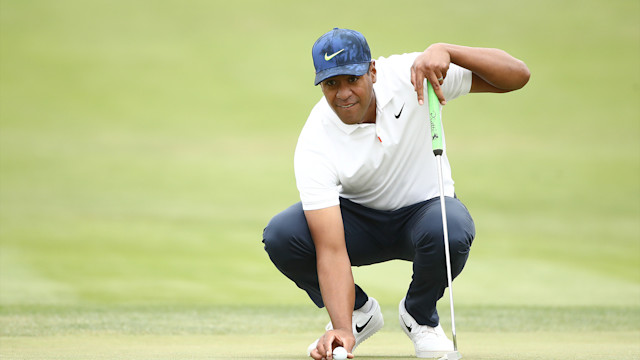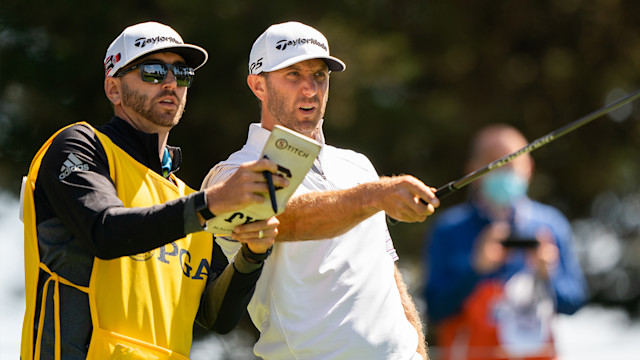quick coaching
PGA Coach Says Navigating the Golf Course with a Strong Mental Approach will Help Lower Your Scores
Published on

Hideki Matsuyama of Japan ponders a shot on the eighth hole during the second round of the AT&T Byron Nelson at Trinty Forest Golf Club on May 10, 2019 in Dallas, Texas. Photo by Stuart Franklin/Getty Images
One of the biggest challenges in the game of golf is acknowledging and navigating the obstacles of a golf course.
A golfer can spend all the time in the world on the range, but a strong mental approach during a round is just as important as a strong swing.
PGA Coach Brian Phelps shared his thoughts on a misconception many amateur golfers have about the game of golf and explained why how a change in thinking may just help them lower their scores.
So many times I talk to my golfers about their round and they always want to blame a bad score on swinging the club poorly. It is only my seasoned veterans that can blame a bad score on a poor mental process.If you are trying to hit a 3 wood uphill, into the wind, over water, out of the rough, and you hit it in the water, the swing was not the problem. The normal player at the club needs to realize that you can’t always blame a bad round on swinging poorly. A lot of the time it's because their mental processes broke down and they hit the wrong shot for the situation they were in.Understanding how to navigate the course is even more important than having a good swing. If you are struggling with this, go visit your local PGA Professional and request an on-course lesson. — PGA Coach Brian Phelps
Are you looking to connect with a PGA Coach to improve your game? You can find one just like Brian in your area by visiting PGA.com/coach.

Canton, CT
Brian Phelps
CoachBrian W. Phelps, PGA is a Certified Professional in Teaching & Coaching as well as Player Development. With over 10 years of Professional Coaching experience and over 20 years of being in the golf business Brian will help you reach your goals and have more fun playing golf.
Meet Brian


